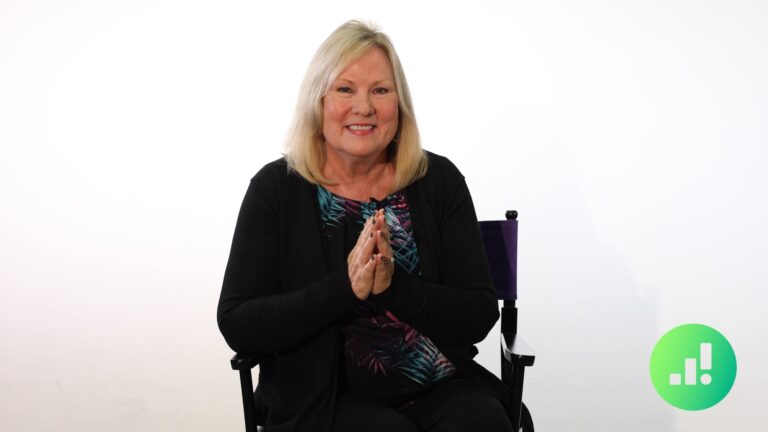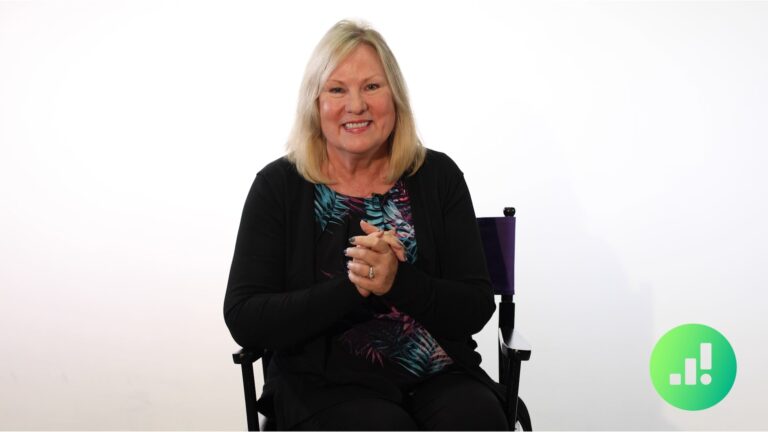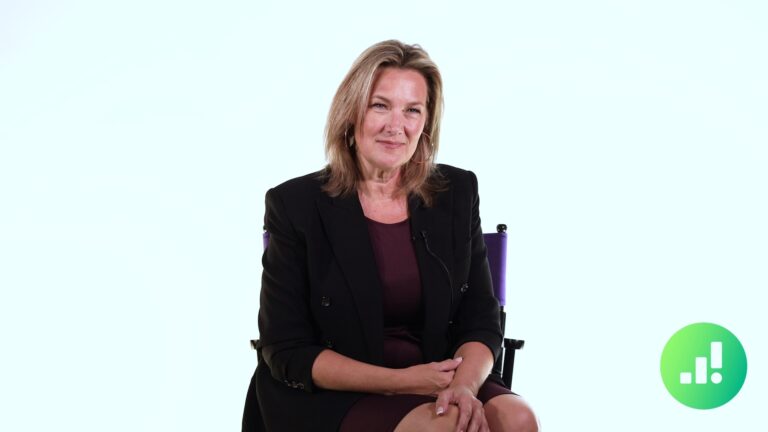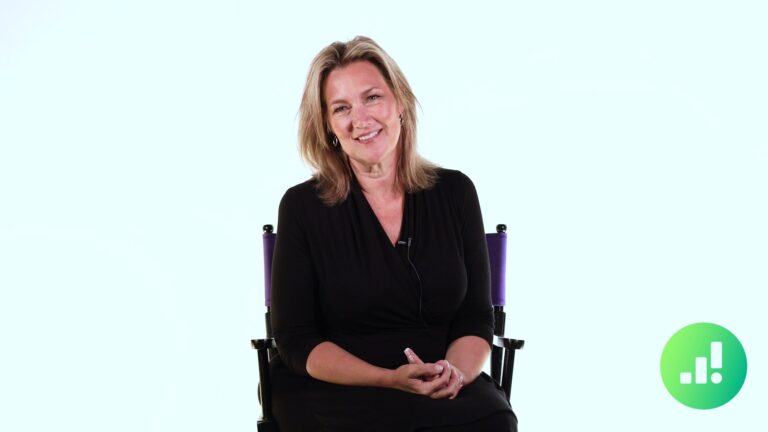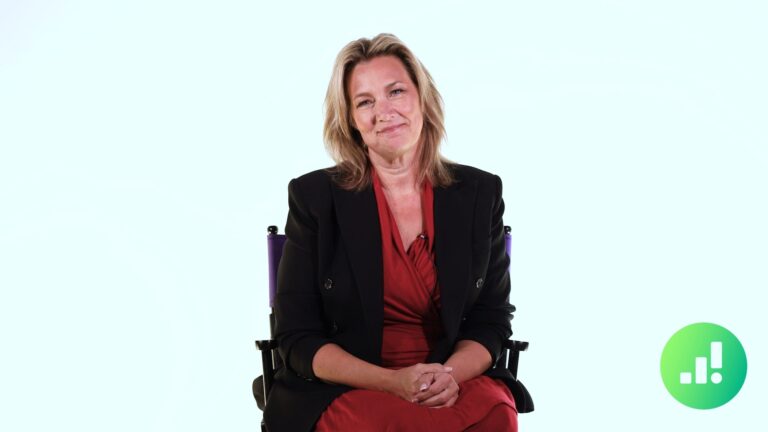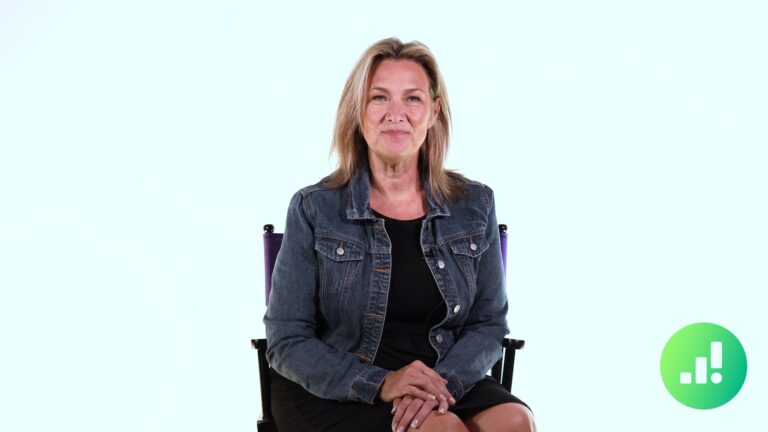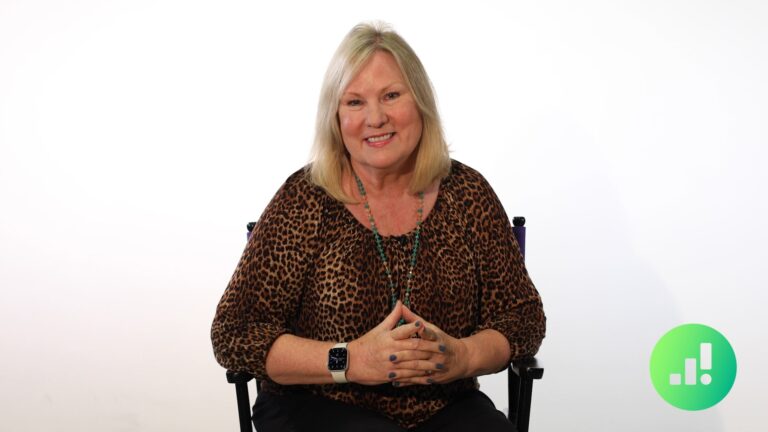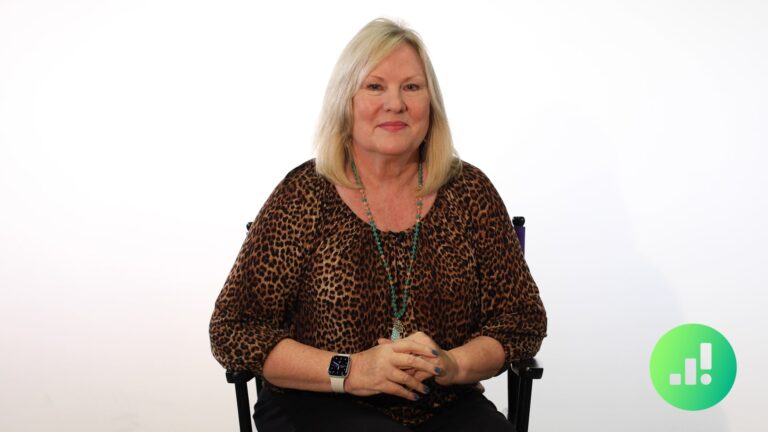Sometimes in life, you are hit with the unknown. Life is unpredictable, and your world can be shattered in an instant with a few simple words: “We’ve decided to let you go,” “I want a divorce,” or “Your dad passed away this morning.”
During your time on earth, you might try to rely on what seems secure: your belongings, your career, your talents, your marriage, or your family. But at the end of the day, the only One who remains constant is our Lord Jesus Christ.
When Luke Smallbone, lead singer of For King and Country, heard that he would need surgery on his vocal cords in early 2021, he felt like his whole identity was threatened. After performing hundreds of shows, singing and praising Jesus in front of thousands, Luke had to grapple with the possibility that his voice might never be the same.
For most of his life, Luke placed his identity in his talent. Music was Luke’s world and an important part of his family. Several of Luke’s family members shared his passion for singing, such as his sister Rebecca St. James, another popular Christian artist, and his brother Joel Smallbone, who helped start For King and Country in the early 2000s.
On Keith Stevens’ I Love That Song! podcast, Luke revealed his biggest fear: “What if I couldn’t sing? What if I couldn’t speak anymore? Am I still loved by God if I can’t do the things that I feel like I’m called to do for Him?”
Luke felt as if the gift God had given him was being stripped away and that he might not have anything left to offer. Luke had started noticing problems with his voice in 2020, so this worry had been with him for a while. After trying therapy and vocal rest during the pandemic, doctors told Luke the problem simply would not get better without surgery.
Finally, in May 2021, Luke went in for surgery on his vocal cords, asking fans for prayers as he struggled through this uncertain time. When discussing how he felt before the surgery, Luke said, “It wasn’t something I was tremendously looking forward to. And sometimes that’s a good thing for us … to do something that makes us a little uncomfortable.”
During this time of distress, Luke’s identity seemed to hang in the balance. “There’s the temptation, I think, to clench on to things,” Luke described. “Who am I without my voice?”
Luke had to face an uncomfortable possibility: he might never be able to sing again. His whole career could end, and the main way he had felt called to serve God could be taken away from him.
Before and after the surgery, Luke experienced a time of silence. However, sitting alone in the quiet only brought him closer to God. Luke shared, “I have felt nothing but the pleasure of God in my silence.”
Luke felt as if God was speaking directly to him, even in fear and uncertainty. Most importantly, God revealed to him that his worth is not based on his abilities. He felt God telling him, “It’s not based on what you accomplish for me that makes you love me more.”
In the episode, Keith asked what Luke learned in this time of silence. Luke responded by comparing God’s love to the way Luke loves his children. He loves each of his children equally, not because of what they can do, but because of how unique and special each one is.
Luke reflected on the love he has for his own kids and how unique the Lord made them: “I find that that’s what God thinks about us. I’m His all-time favorite, and so are you.” Luke rests in the assurance that our struggles can never take away from Jesus’ love for us.
During his recovery, Luke also took time to explore his faith. He said he learned the “discipline to actually practice faith.” He explained: “Practicing faith never returns void … I’ve started to ask myself the question … ‘When things are going well, how can I practice what it actually means to have deep faith?’”
It can be easy to seek God only in times of distress and crisis. However, Luke’s story is a reminder to seek God in the good times as well. Otherwise, we can get too wrapped up in celebrating our own successes rather than celebrating Him.
After resting his voice following the surgery, Luke Smallbone received the news that he could sing again. He was able to continue touring, and For King and Country has performed many concerts since then, including their Christmas concerts, which are Luke’s favorite events of the year.
“You’re delivering to people a little bit of Christmas cheer,” he said. “It becomes a true community moment where you’re sharing these things … There’s just something about being with thousands of other people declaring … that Jesus came as a little boy.”
As you’ve probably discovered, God doesn’t always answer prayers as quickly as you would like or in the way you expected. However, sometimes He blesses you with glimpses of hope and joy instead. For Luke, performing after not knowing if he would sing again was like the light at the end of the tunnel.
While he is not fully healed and still has to monitor his vocal health closely, Luke is on his way to recovery. He has to remember to be cautious and ease into things, so he doesn’t repeat the same mistakes. However, he now knows his true worth doesn’t lie in his talents; it lies in the unconditional love the God has for him.
Viewers also called in to this episode of I Love That Song! to talk about the impact For King and Country’s songs had on their lives. One woman talked about her experience with the song “Priceless” and how it reminded her of her worth and “who we are in Him.”
Another woman said the band’s peace-giving music calmed her son’s turbulent emotions. She described: “One day, ‘Joy’ was on, and it just happened to be at the time when we were having a moment in the car, and he’s like, ‘I liked that song,’ and we talked about how joy is a choice when you’re upset… I thank God every day … for that time and that moment—and [for] For King and Country.”
Maybe God can use For King and Country’s music to speak to your life right now. For further encouragement, stream For King and Country’s music and look for this episode of I Love That Song! wherever you listen to podcasts.
“I have felt nothing but the pleasure of God in my silence.”
—Luke Smallbone
Luke felt God telling him, “It’s not based on what you accomplish for me that makes you love me more.”
—Luke Smallbone




